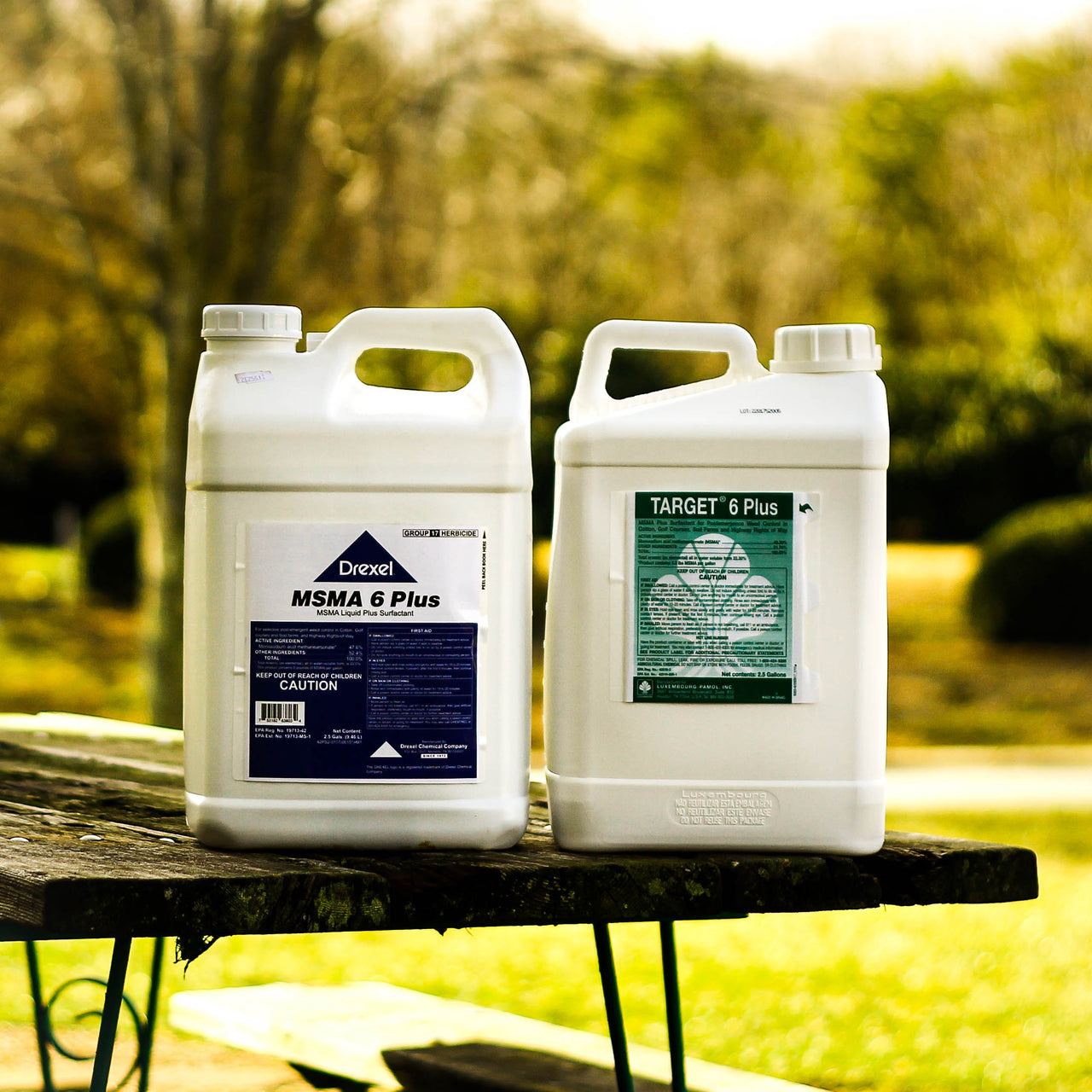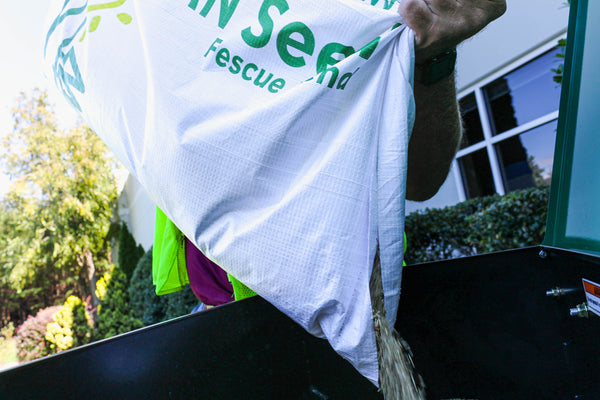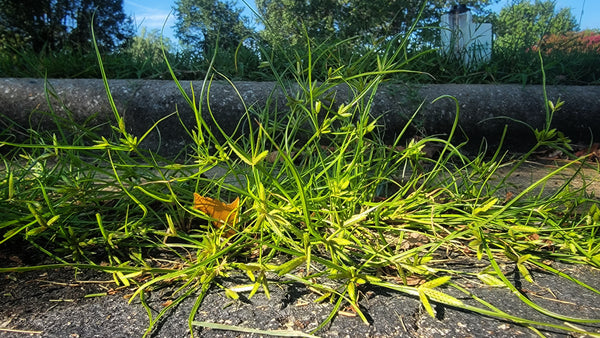If you are trying to control tough grassy weeds like crabgrass, goosegrass, or bahiagrass in warm- and cool-season grasses MSMA might be the best solution for you. Along with grassy weeds, MSMA will control some broadleaf weeds like clover, sandspur, and spurge along with nutsedges.
Where can you use MSMA?
MSMA does have some regulations due to the potency of the product. It is currently labeled to be used on Cotton, Golf Courses, Sod Farms, Highway Right-of-Ways. With label being State registered in most states except Alaska, Connecticut, Iowa, Maine, Montana, New Hampshire, North Dakota, Oregon, South Dakota, and Washington for Luxembourg-Pamol's Target 6 MSMA.
What Grass Types and Rates?
It is safe to spray on warm-season grasses like Bermudagrass, Zoysiagrass, St. Augustinegrass and is safe on cool-season grasses like Fescue, Bentgrass, and Bluegrass. Some injury or discoloration can occur with MSMA on Bentgrass, Fescue, and St. Augustine.
For Bermudagrass and Zoysiagrass mix 1-2 fl. oz. per 1,000 sq ft. With 1-2.5 gallons of water for proper coverage. Be sure to apply it when temperatures are above 80°F and below 90°F for proper chemical absorption and reduced injury.
For all other grass types, apply 1 fl. oz. per 1,000 sq. ft. with 1-2.5 gallons of water.
One exception on the label is MSMA is only labeled for use on St. Augustinegrass while grown for commercial sod production.

How Soon Can You Reseed after MSMA Application?
Wait two weeks from the time of application to reseed. Reseeding too early can damage root growth and act as a growth regulator to the new plants.
Label:
https://s3-us-west-1.amazonaws.com/agrian-cg-fs1-production/pdfs/Drexel_MSMA_6_Plus_Label1q.pdf




